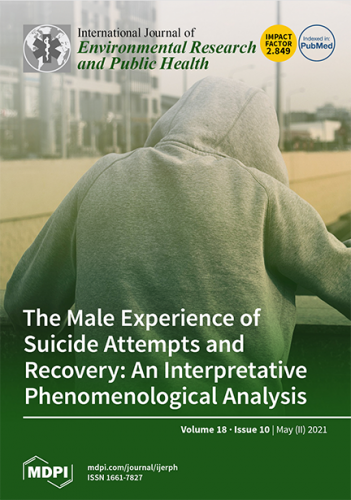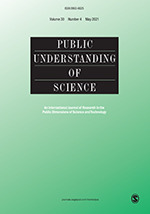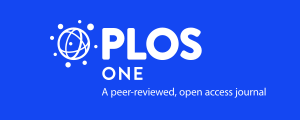In the New England Journal of Medicine, science communication researchers from APPC and Critica propose to treat the Covid-19 “infodemic” with the methods used to halt epidemics.
Research Findings


Three in Four People Say Covid-19 Vaccines Effective – and Safer Than Getting Covid-19
A new Annenberg Science Knowledge (ASK) survey shows that three in four people say Covid-19 vaccines are effective, and safer than getting Covid-19. Another 15% are not sure, and may be persuadable.

COVID-19 Conspiracy Beliefs Increased Among Users of Conservative and Social Media
COVID-19 conspiracy beliefs increased in the early months of the pandemic among heavy users of conservative and social media, APPC research shows.

Vaccine Science and Side Effects: How News Messages Affect Views on Vaccination
News coverage of expert scientific evidence about vaccine safety increases public acceptance of vaccines, but the effect is diminished when that message is juxtaposed with a narrative about real side effects.

TV Gun Violence Rises Over Two Decades, Paralleling U.S. Gun Homicide Trends
TV gun violence in popular prime-time broadcast dramas has increased steadily over almost two decades, paralleling trends in U.S. homicide deaths attributable to firearms, APPC research found.



